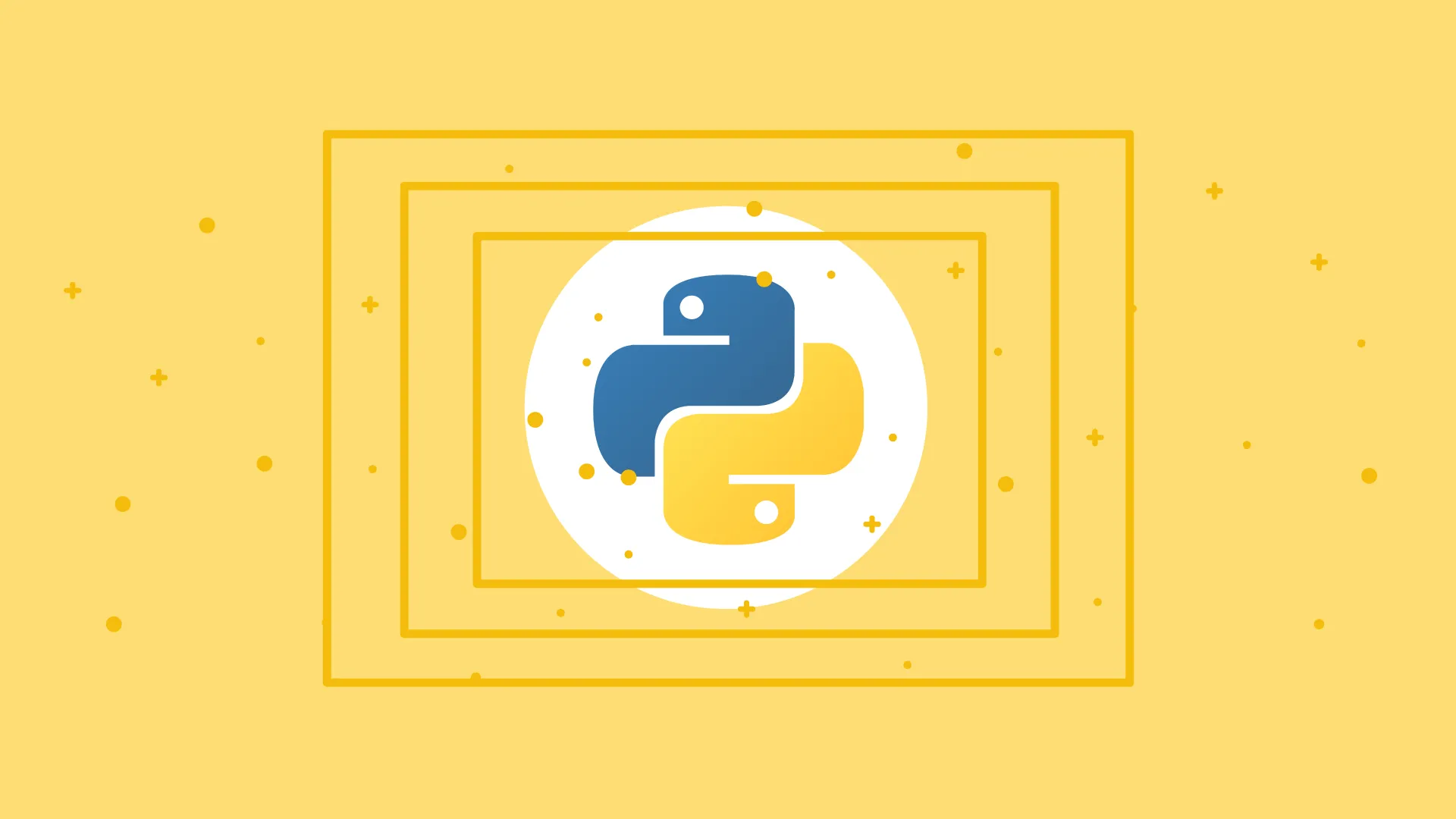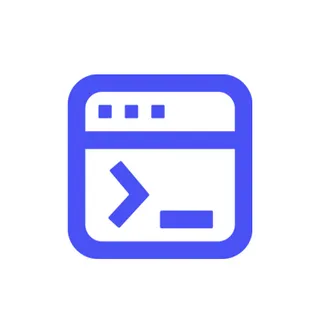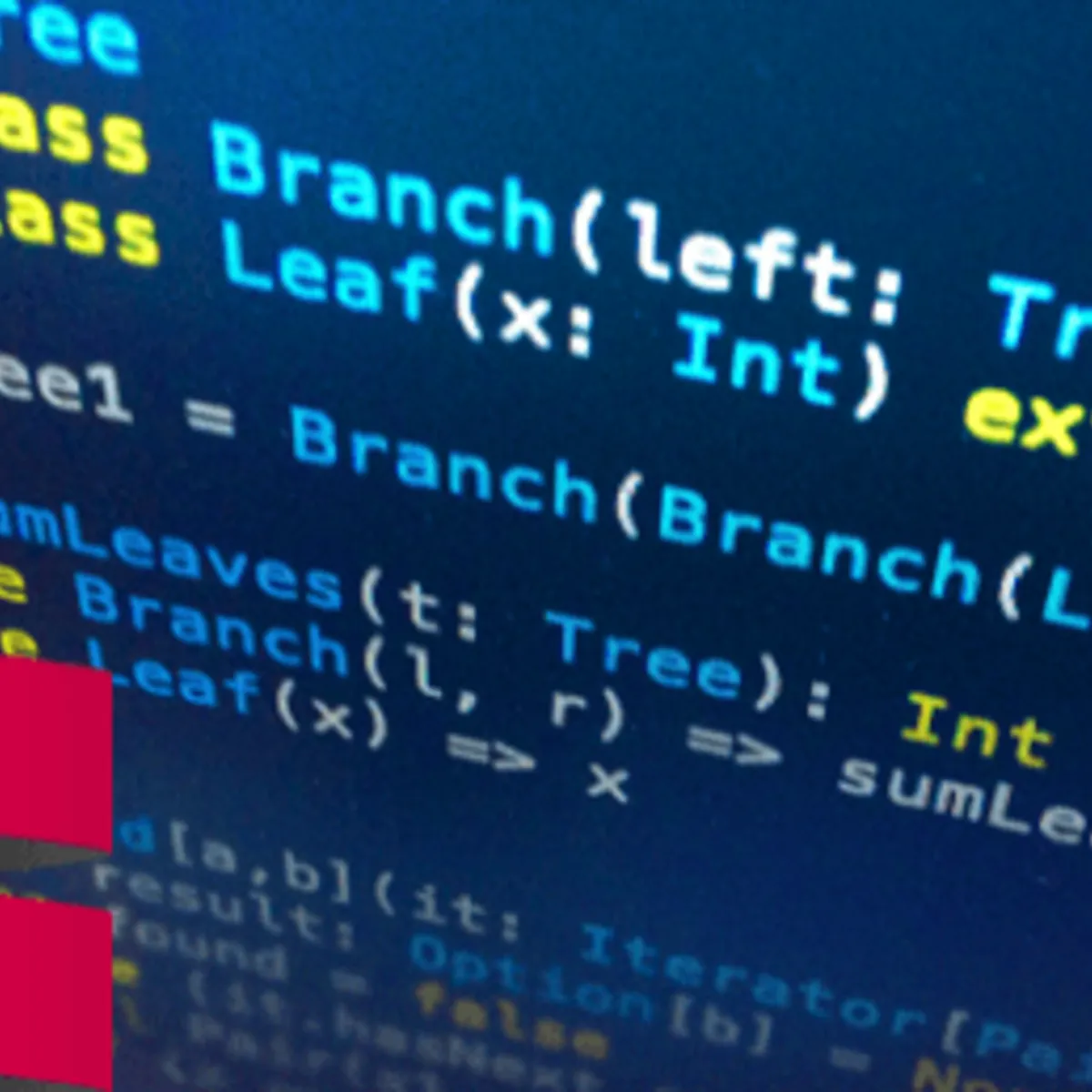
Recursion for Coding Interviews in Python 
This guide provides an introduction to recursion in Python, helping readers to understand and apply the concept to coding interview questions. Perfect for those looking to brush up their skills or learn the basics. ▼
ADVERTISEMENT
Course Feature
![]() Cost:
Cost:
Free Trial
![]() Provider:
Provider:
Educative
![]() Certificate:
Certificate:
No Information
![]() Language:
Language:
English
![]() Start Date:
Start Date:
Self Paced
Course Overview
❗The content presented here is sourced directly from Educative platform. For comprehensive course details, including enrollment information, simply click on the 'Go to class' link on our website.
Updated in [March 06th, 2023]
1. Fundamentals of Recursion: Learners can gain a comprehensive understanding of the fundamentals of recursion, including how to use it to solve coding problems.
2. Problem-Solving Skills: Learners can develop their problem-solving skills by practicing recursion techniques to solve coding problems.
3. Interview Preparation: Learners can prepare for coding interviews by refreshing their recursion skills and learning how to apply them to real-world coding problems.
4. Development Direction: Learners can explore the development direction of recursion and gain insights into how to use it in their own coding projects.
[Applications]
After completing this course, students should be able to apply the concepts of recursion to coding interviews in Python. They should be able to identify when recursion is the best solution for a problem, and be able to implement recursive solutions in Python. Additionally, they should be able to debug and optimize recursive solutions. Finally, they should be able to explain the time and space complexity of recursive solutions.
[Career Paths]
1. Software Engineer: Software engineers are responsible for developing, testing, and maintaining software applications. They use programming languages such as Python to create software solutions. With the increasing demand for software applications, software engineers are in high demand and the job outlook is expected to grow significantly in the coming years.
2. Data Scientist: Data scientists use programming languages such as Python to analyze large datasets and uncover insights. They are responsible for developing algorithms and models to help businesses make better decisions. With the increasing demand for data-driven insights, data scientists are in high demand and the job outlook is expected to grow significantly in the coming years.
3. Machine Learning Engineer: Machine learning engineers use programming languages such as Python to develop and deploy machine learning models. They are responsible for building and optimizing machine learning models to solve complex problems. With the increasing demand for machine learning solutions, machine learning engineers are in high demand and the job outlook is expected to grow significantly in the coming years.
4. Artificial Intelligence Engineer: Artificial intelligence engineers use programming languages such as Python to develop and deploy AI solutions. They are responsible for building and optimizing AI models to solve complex problems. With the increasing demand for AI solutions, AI engineers are in high demand and the job outlook is expected to grow significantly in the coming years.
[Education Paths]
1. Computer Science Degree: A computer science degree is a great way to learn the fundamentals of programming and software development. It covers topics such as algorithms, data structures, operating systems, computer architecture, and more. Additionally, computer science degrees often include courses in artificial intelligence, machine learning, and other cutting-edge technologies. This degree is ideal for those looking to pursue a career in software engineering or data science.
2. Software Engineering Degree: A software engineering degree focuses on the design, development, and maintenance of software systems. It covers topics such as software architecture, software development methodologies, software testing, and software project management. This degree is ideal for those looking to pursue a career in software engineering or software development.
3. Data Science Degree: A data science degree focuses on the analysis and interpretation of data. It covers topics such as data mining, machine learning, data visualization, and predictive analytics. This degree is ideal for those looking to pursue a career in data science or analytics.
4. Artificial Intelligence Degree: An artificial intelligence degree focuses on the development of intelligent systems. It covers topics such as natural language processing, computer vision, robotics, and machine learning. This degree is ideal for those looking to pursue a career in artificial intelligence or machine learning.
Course Provider

Provider Educative's Stats at AZClass
Discussion and Reviews
0.0 (Based on 0 reviews)
Explore Similar Online Courses

MySQL Fundamentals

Doodles to Digital Design - Learn Procreate on the iPad

RDBMS PostgreSQL

Intro To PostgreSQL Databases With PgAdmin For Beginners

PostgreSQL: Client Applications

Mastering SQL using Postgresql

Database Design and Basic SQL in PostgreSQL

PostgreSQL: Advanced Queries

Spatial SQL with Postgres : A language for geographers

Learn SQL Using PostgreSQL: From Zero to Hero

PostgreSQL Essential Training

Big Data Analysis with Scala and Spark
 Related Categories
Related Categories
 Popular Providers
Popular Providers
Quiz
 Submitted Sucessfully
Submitted Sucessfully
1. What is the main purpose of recursion?
2. What is the most important factor when using recursion?
3. What is the best way to debug a recursive function?


Start your review of Recursion for Coding Interviews in Python